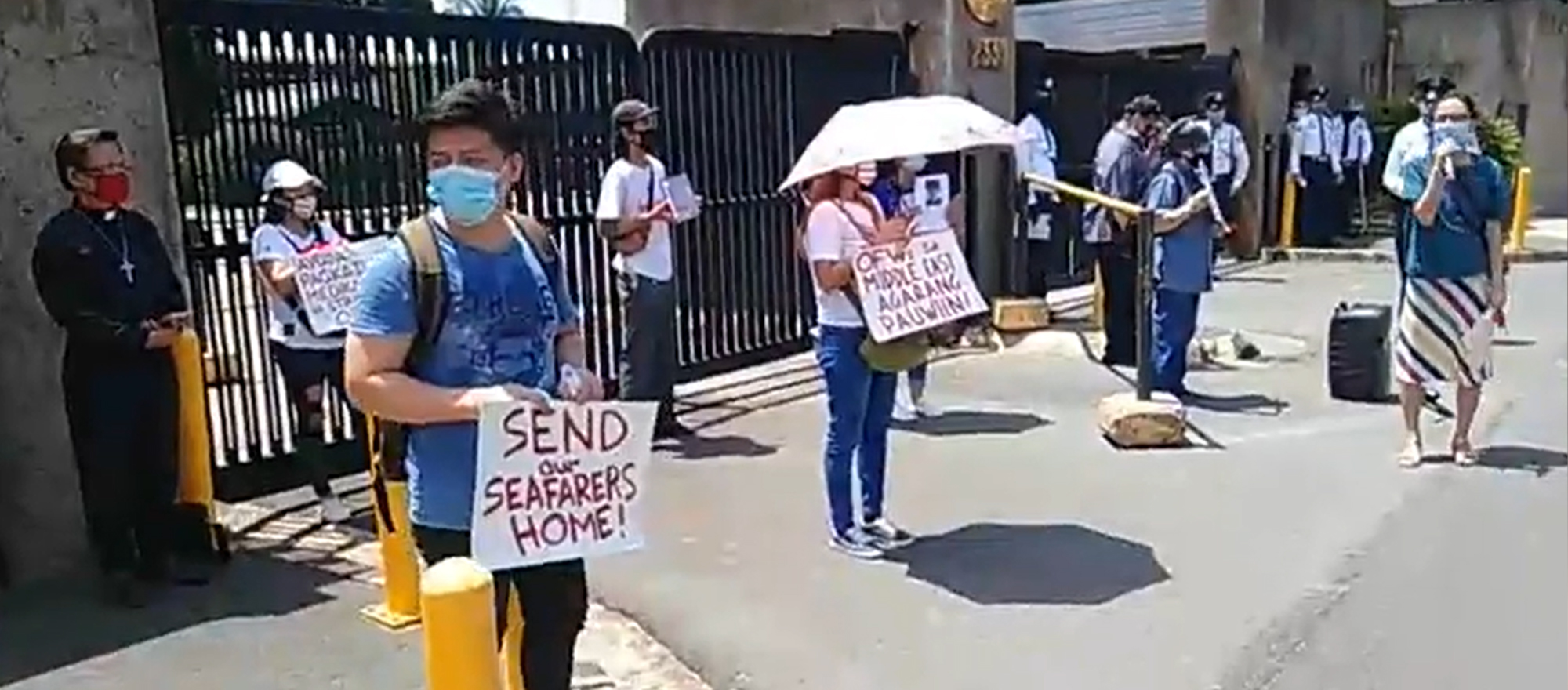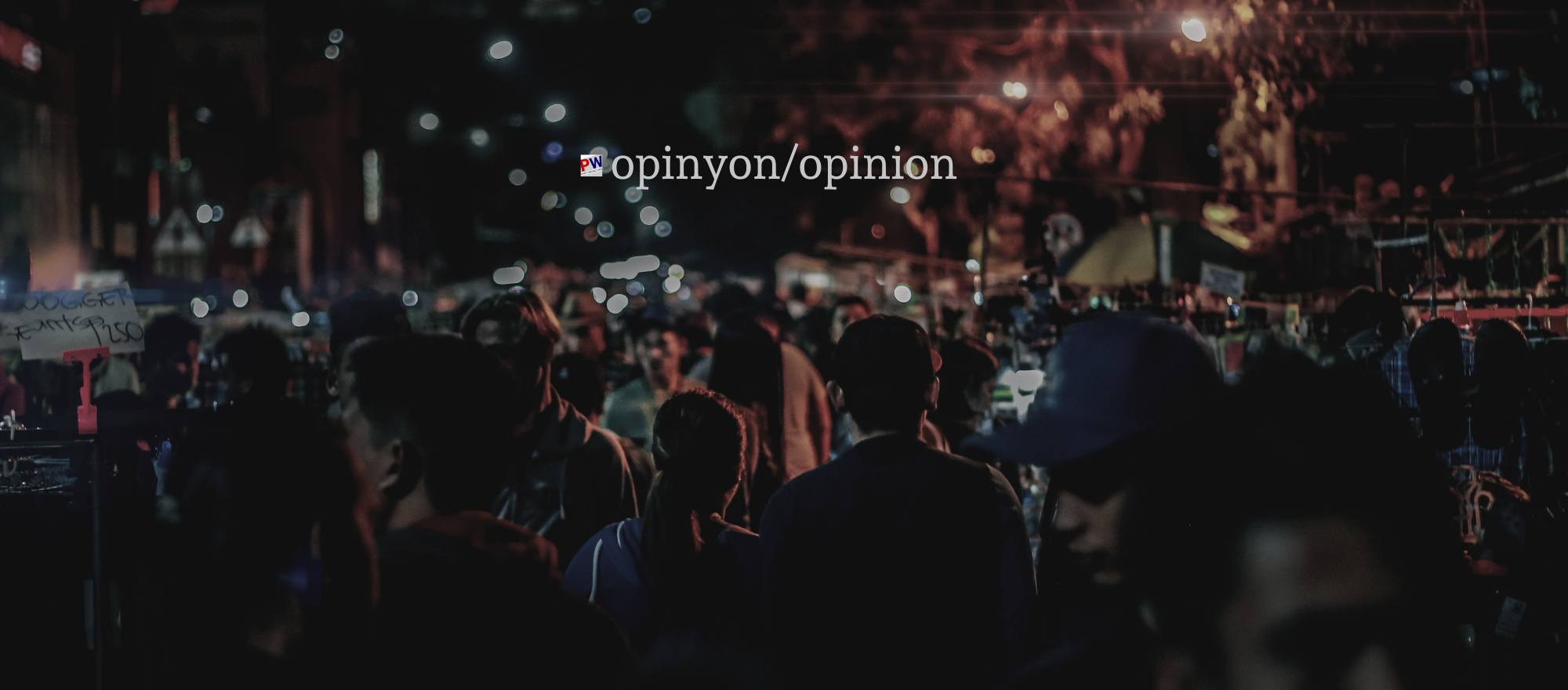Duterte regime leaves seafarers’ lives adrift
The pandemic has been harsh on seafarers. But the Duterte regime has been harsher.

In the wake of the coronavirus disease 2019 (Covid-19) pandemic and the Duterte regime’s disastrous response, the lives and livelihood of hundreds of thousands of seafarers now lie adrift and their futures lay uncertain. According to the data from the Department of Labor and Employment, no less than 420,000 displaced overseas Filipino workers (OFWs) have been repatriated since the start of the pandemic. Seafarers comprise at least a third of this number.
![]() Perennially underdeveloped and preindustrial, grave unemployment has always been a major characteristic of the Philippine economy. From Marcos to Duterte regimes, Filipino workers have been continually pushed outward as the remittances keep the economy afloat. Worse, the scarcity of job opportunities has been weaponized to keep wages low and jobs insecure.
Perennially underdeveloped and preindustrial, grave unemployment has always been a major characteristic of the Philippine economy. From Marcos to Duterte regimes, Filipino workers have been continually pushed outward as the remittances keep the economy afloat. Worse, the scarcity of job opportunities has been weaponized to keep wages low and jobs insecure.
It is unsurprising then, that even before the pandemic, crew-level seafarers have been subjected to unfair labor practices. The most common of which is called utility manning, a form of unpaid labor. Seafarers waiting for their ship placement assume the work of “utility men”. They perform clerical and janitorial as well as domestic tasks for the owners of manning agencies and their families for free. This is often presented as a volunteer program that could last for as short as a couple of months to as long as two years.
In pre-pandemic circumstances, their families would have had to shoulder their living expenses. supported by their families. This set-up has become all the more untenable with the loss of livelihood and the imposition of a militaristic pandemic response. Lack of income and drastically restricted mobility have made it even more challenging for families to provide whatever meager support they could muster for would-be seafarers.
Worse, since the lockdown was imposed a year ago, the 500 manning agencies located in the National Capital Region have since shifted their mode of operations online. This leaves many seafarers unable to work for their ship placement. With most seafarers coming from poor backgrounds and hailing from far-flung provinces, they found themselves stuck in the capital with no other source of income to sustain them.
The financial hardships and government neglect they have had to endure in the past year are nothing short of appalling. This is made all the more apparent by a quick visit to the dormitories around Manila where these would-be seafarers are staying. A quick chat with the moored seafarers makes their demands clear: they drastically need financial aid.
As more and more seafarers are repatriated, so will the ranks of the unemployed and the destitute grow. The regime’s vague promises of retraining are nothing more than lip service meant to appease and deceive. Any hopes of reemployment are further washed over by the systemic plunder of the economy and public coffers by the regime’s butchers and crooks.
Far from a hero’s welcome, they will be greeted by a murderous regime that is utterly corrupt and tyrannical. As this crisis drags on, the conditions of exploitation and oppression that seafarers have to face will inevitably escalate.
As they find themselves in even direr straits, seafarers are left with no recourse other than joining the burgeoning movement of migrant workers. As only by banding together can they make their voices heard.



